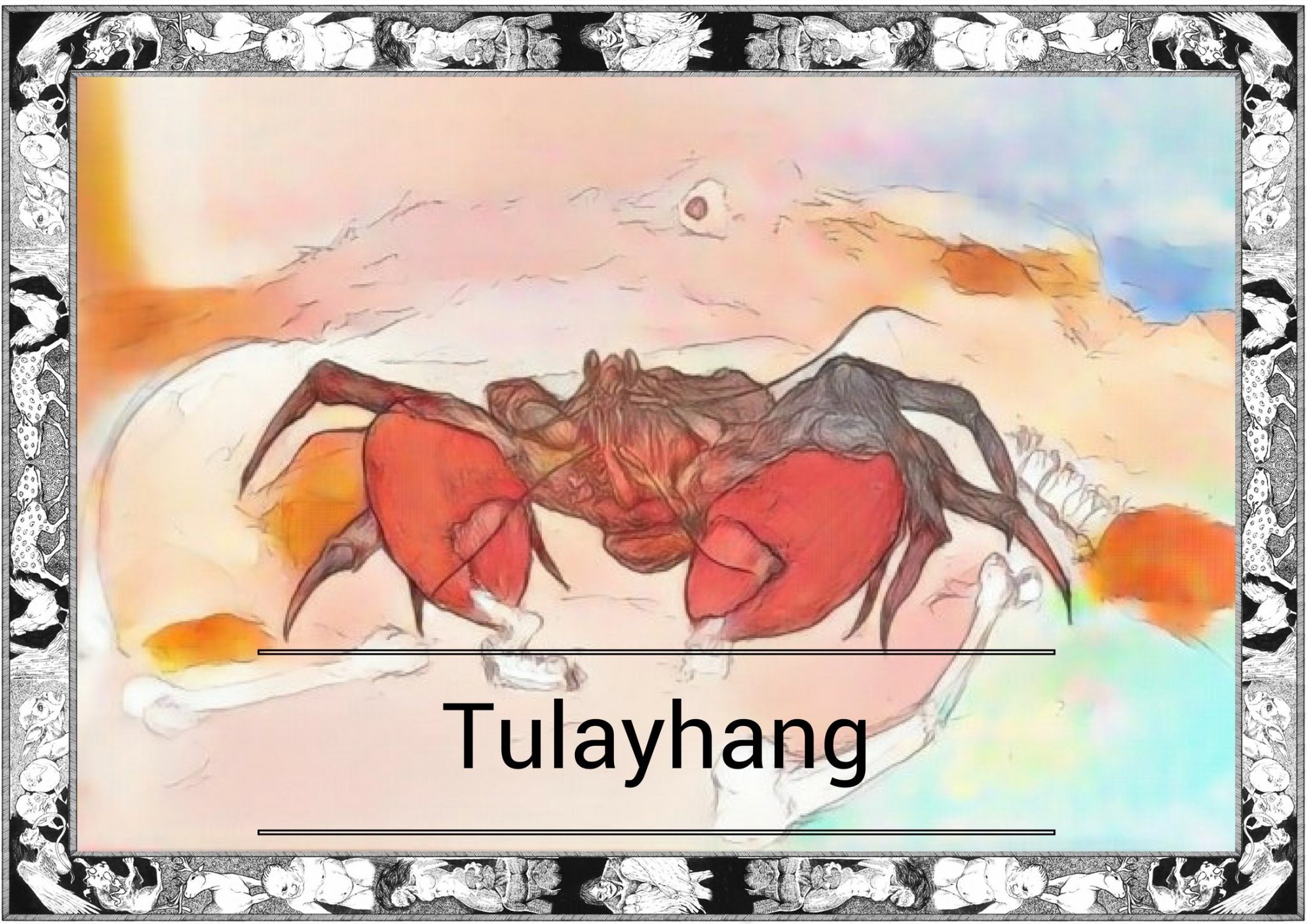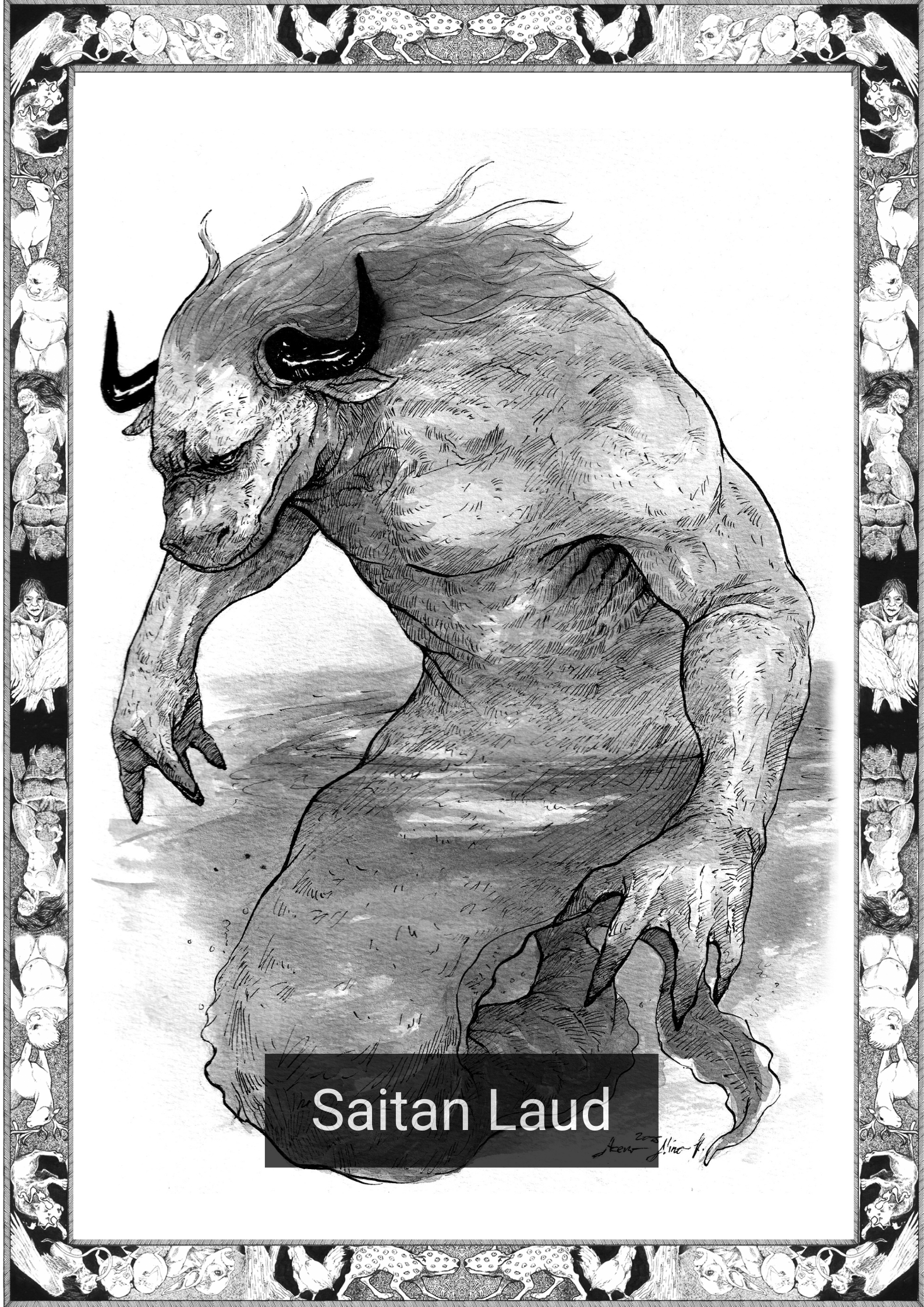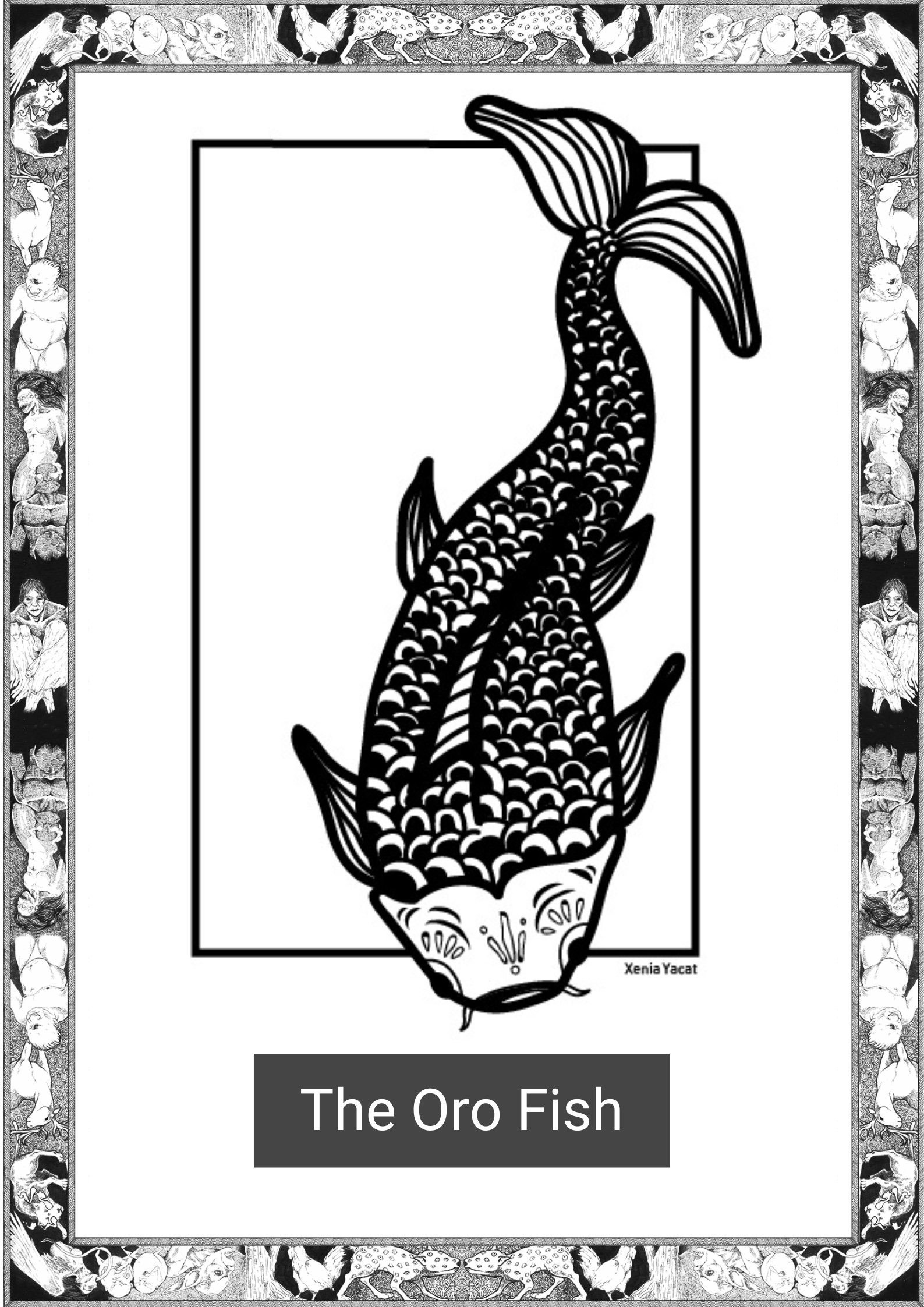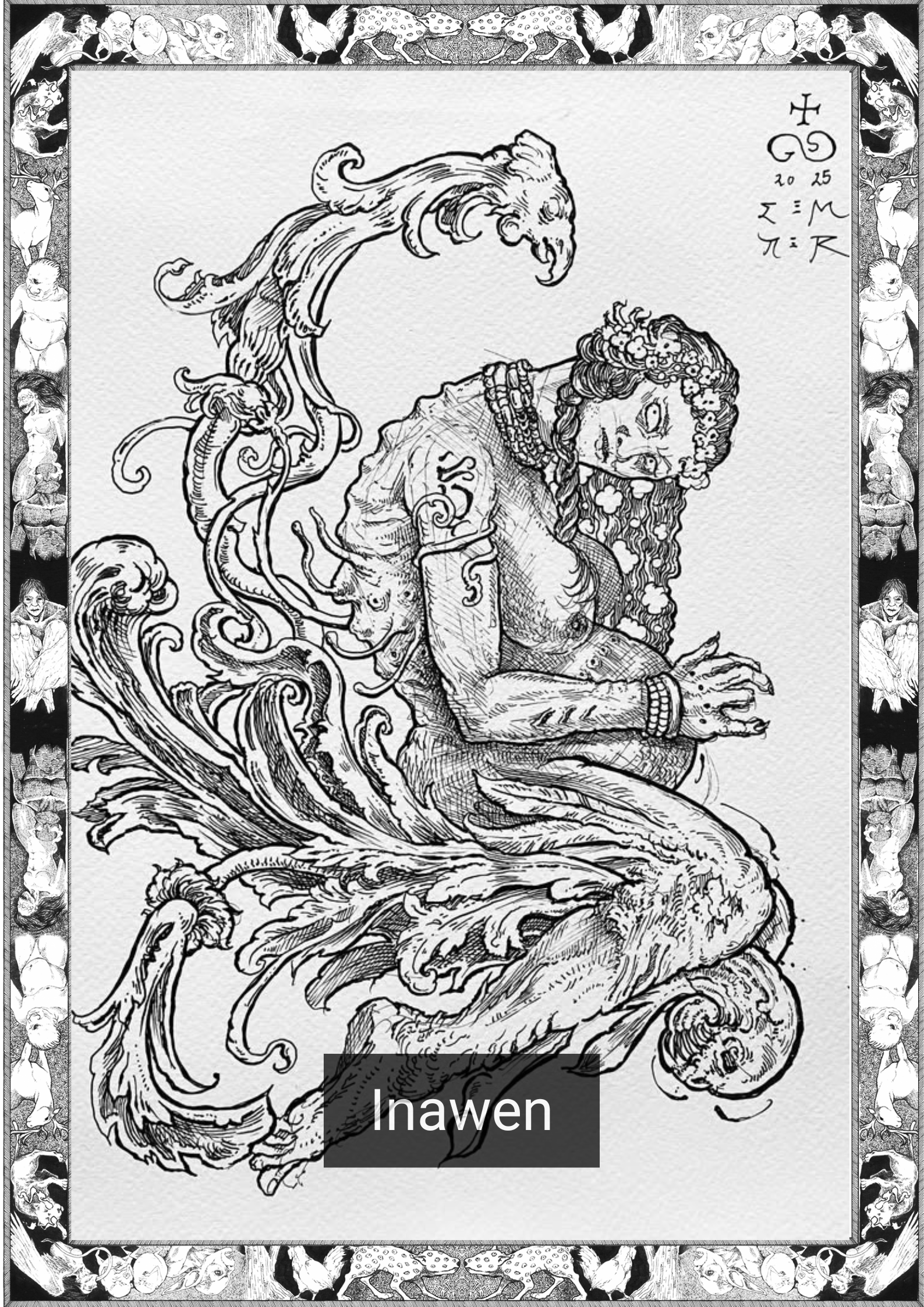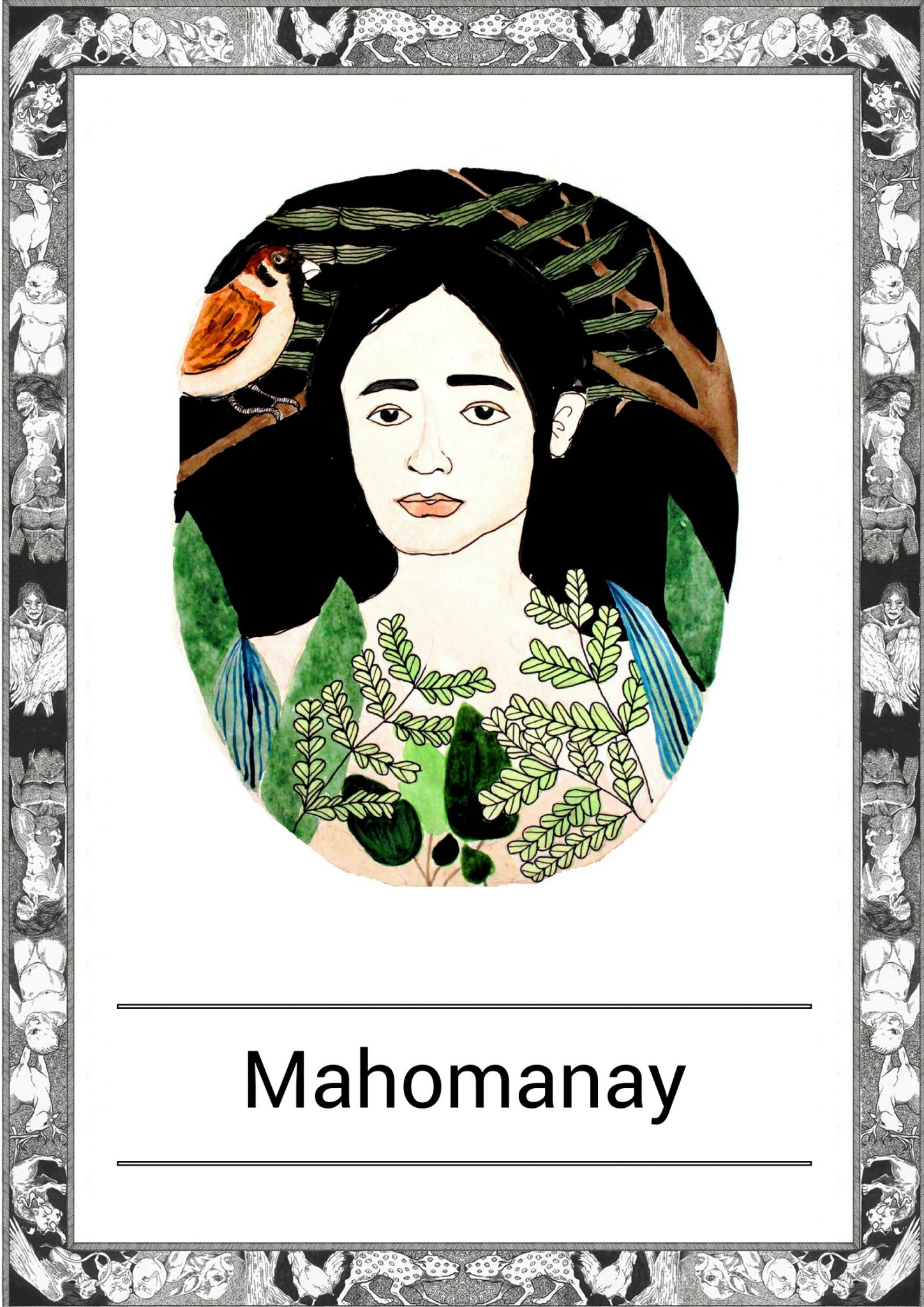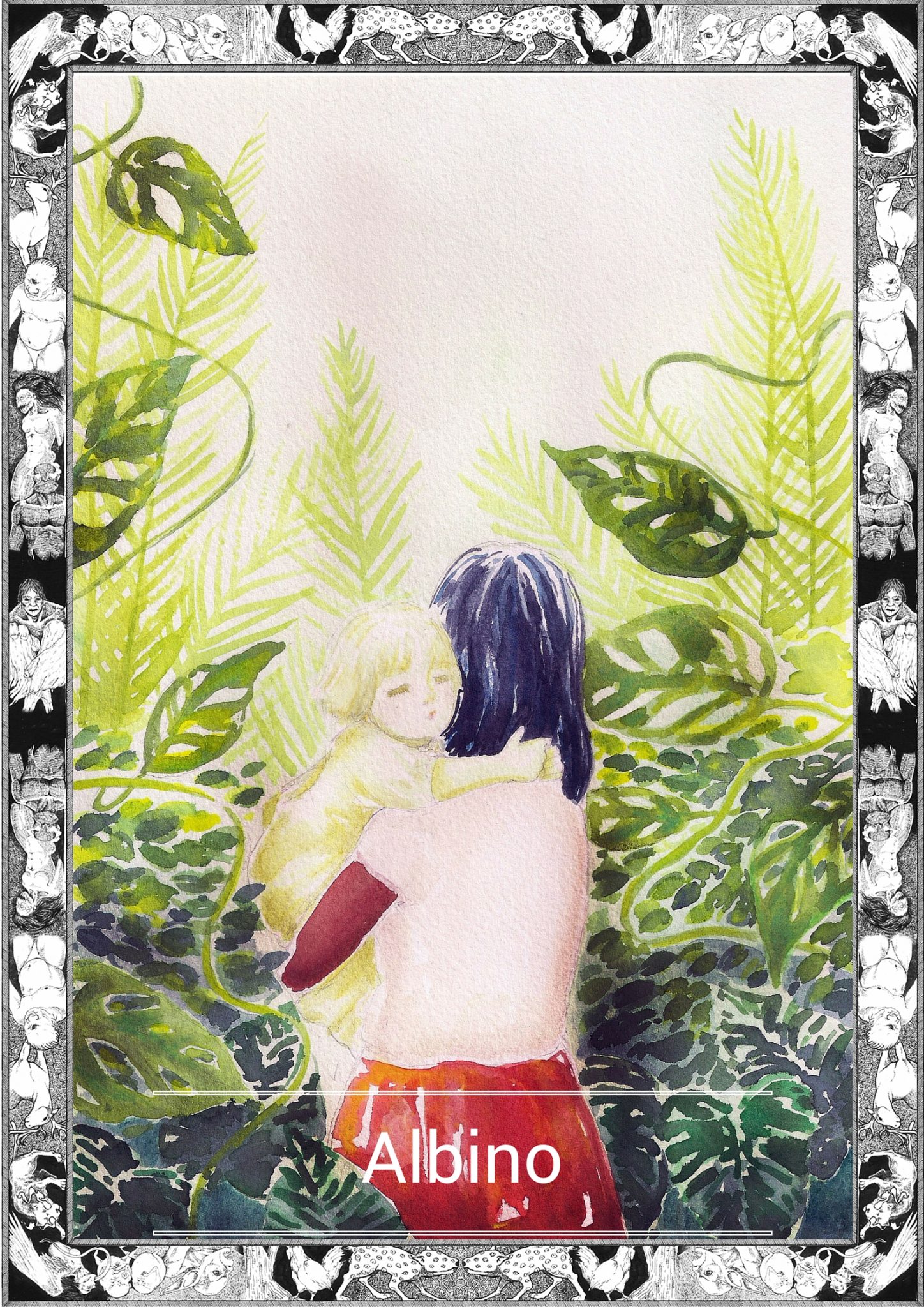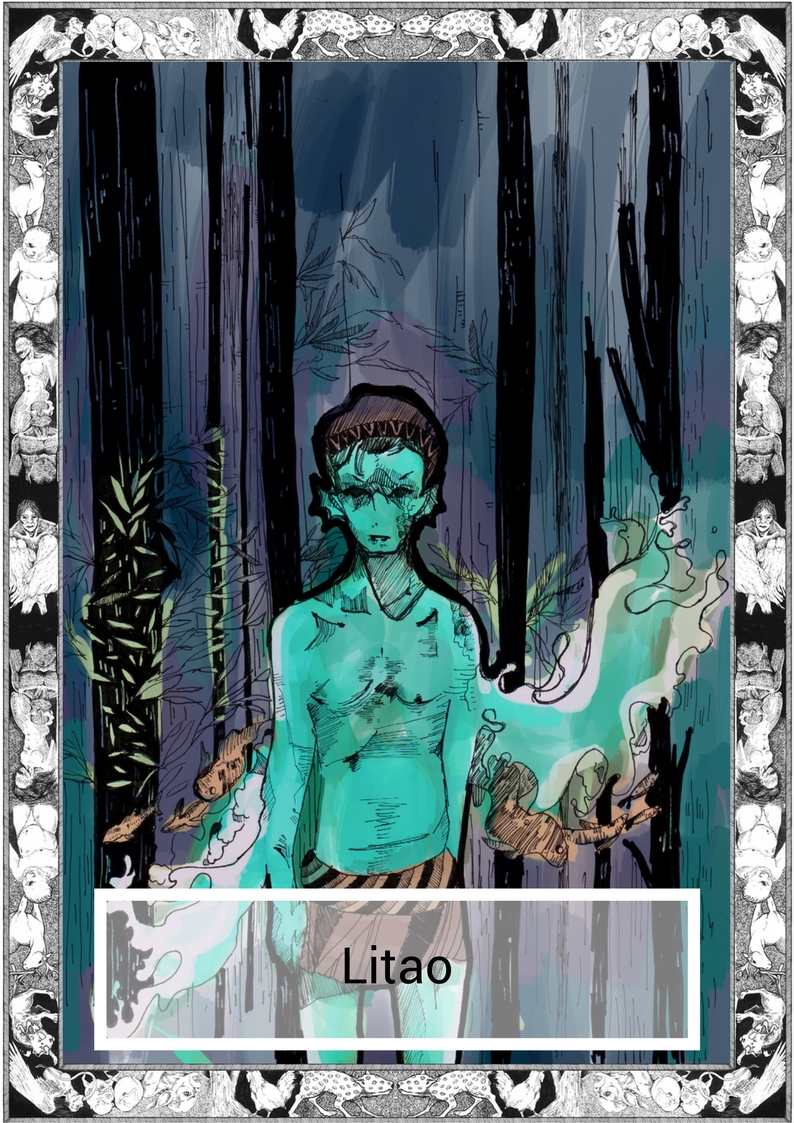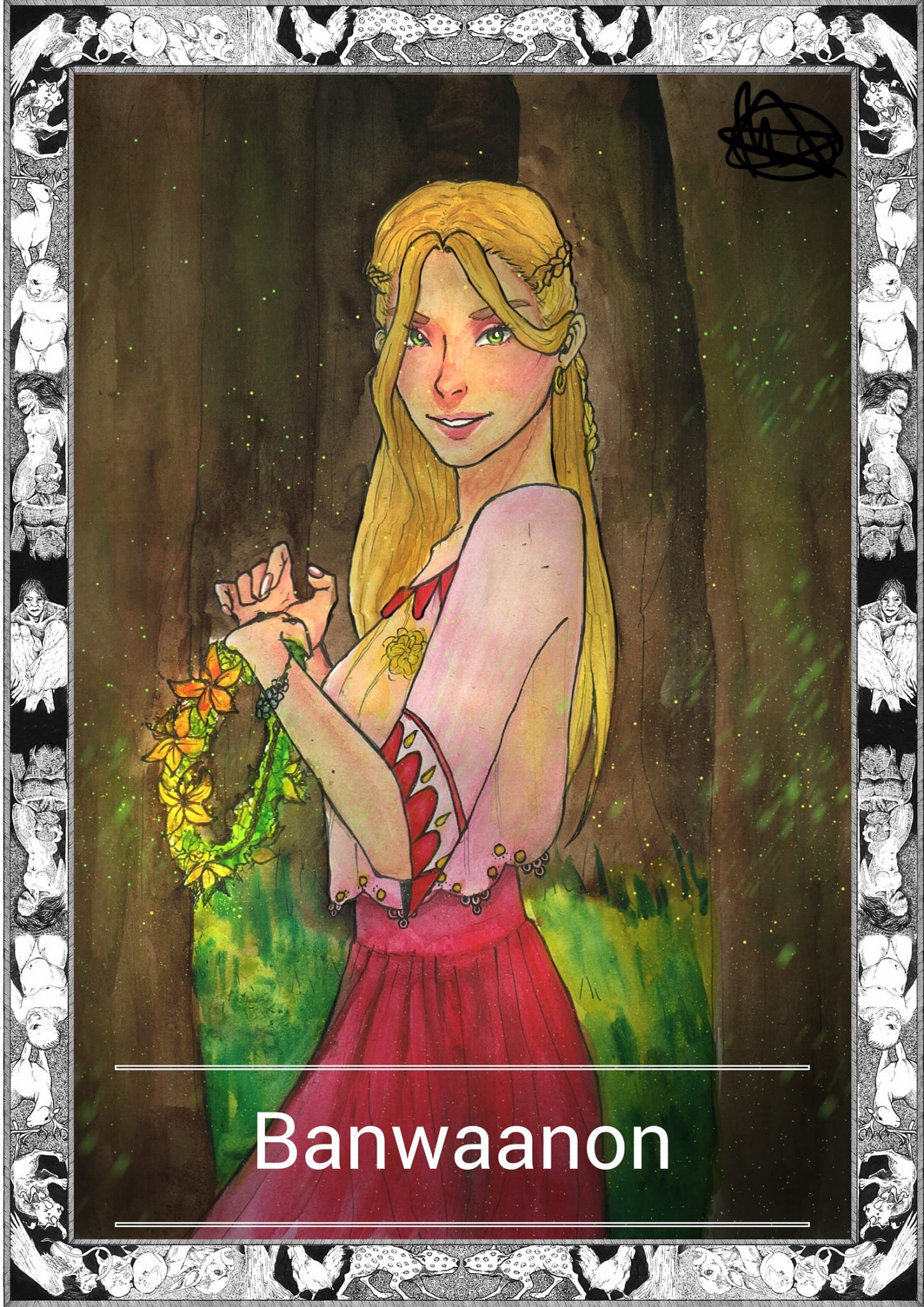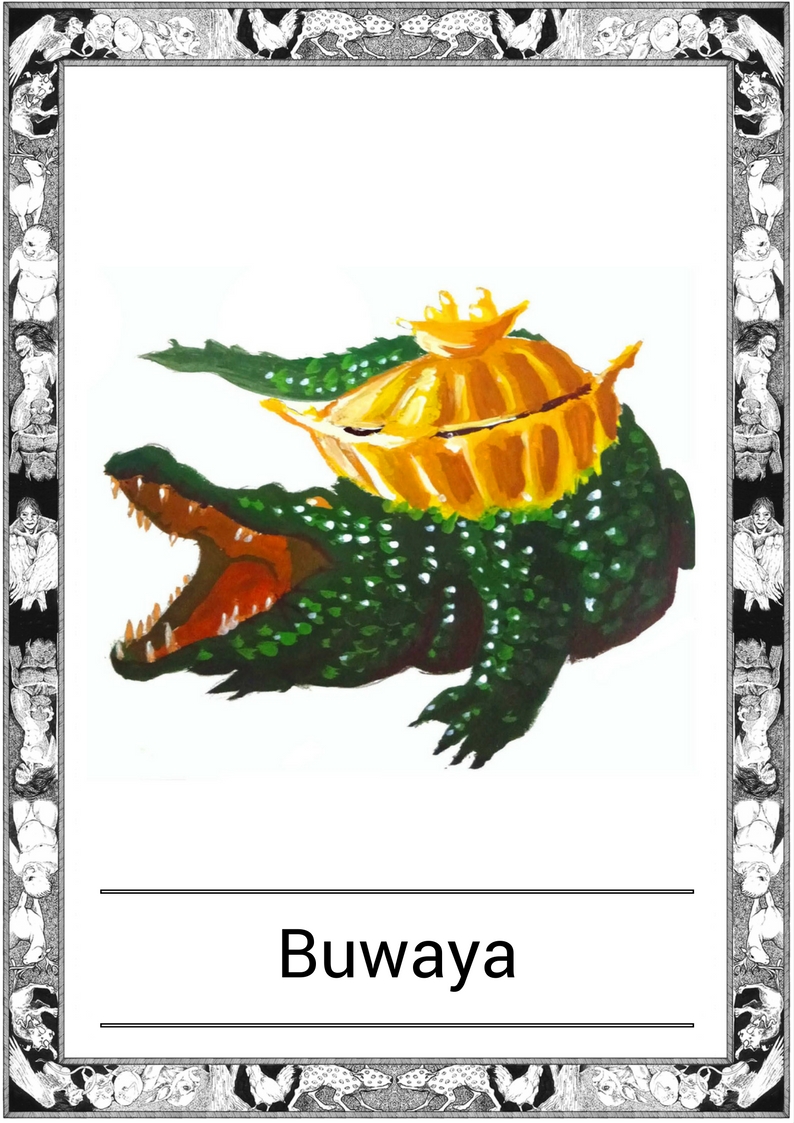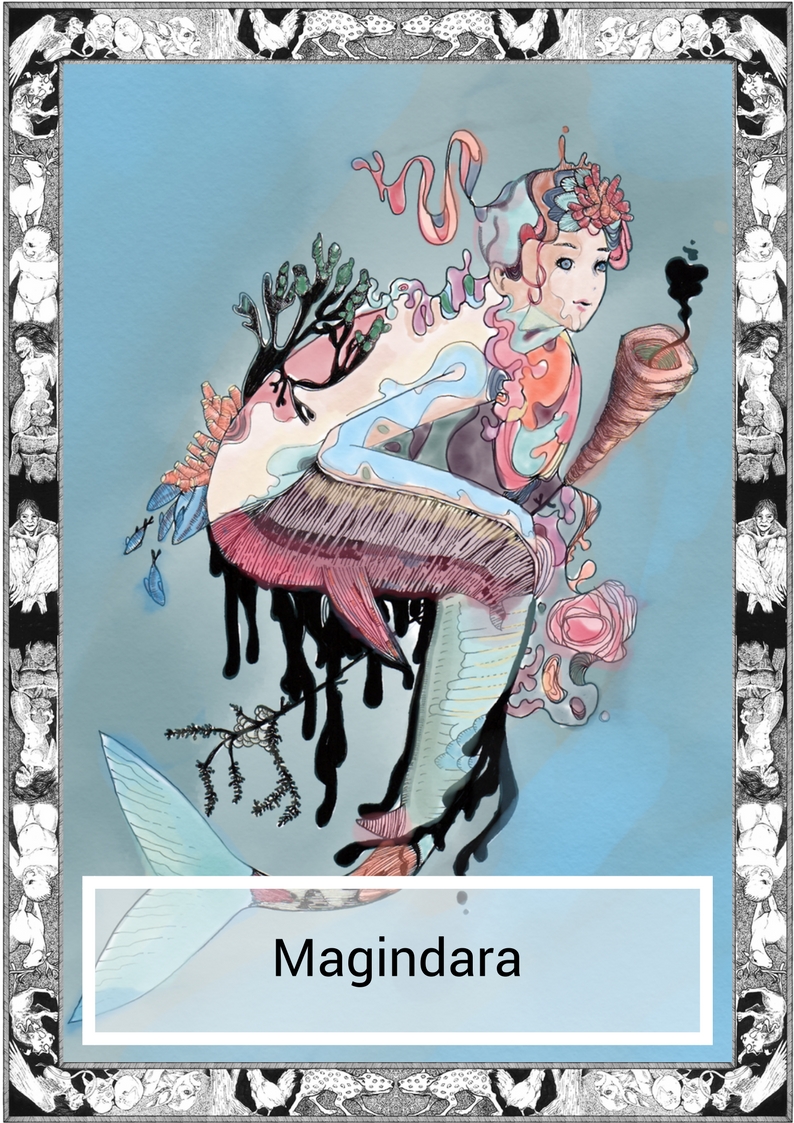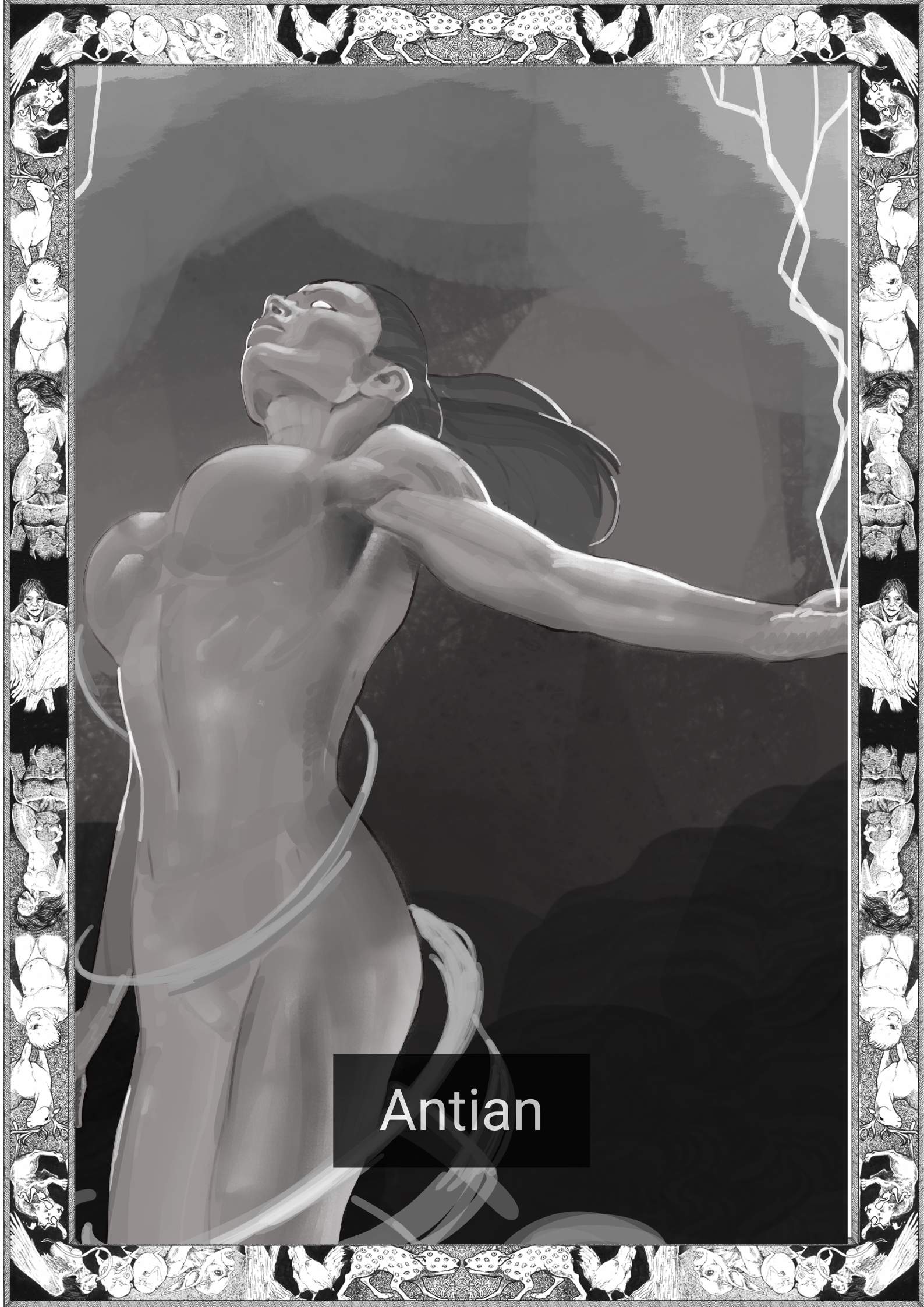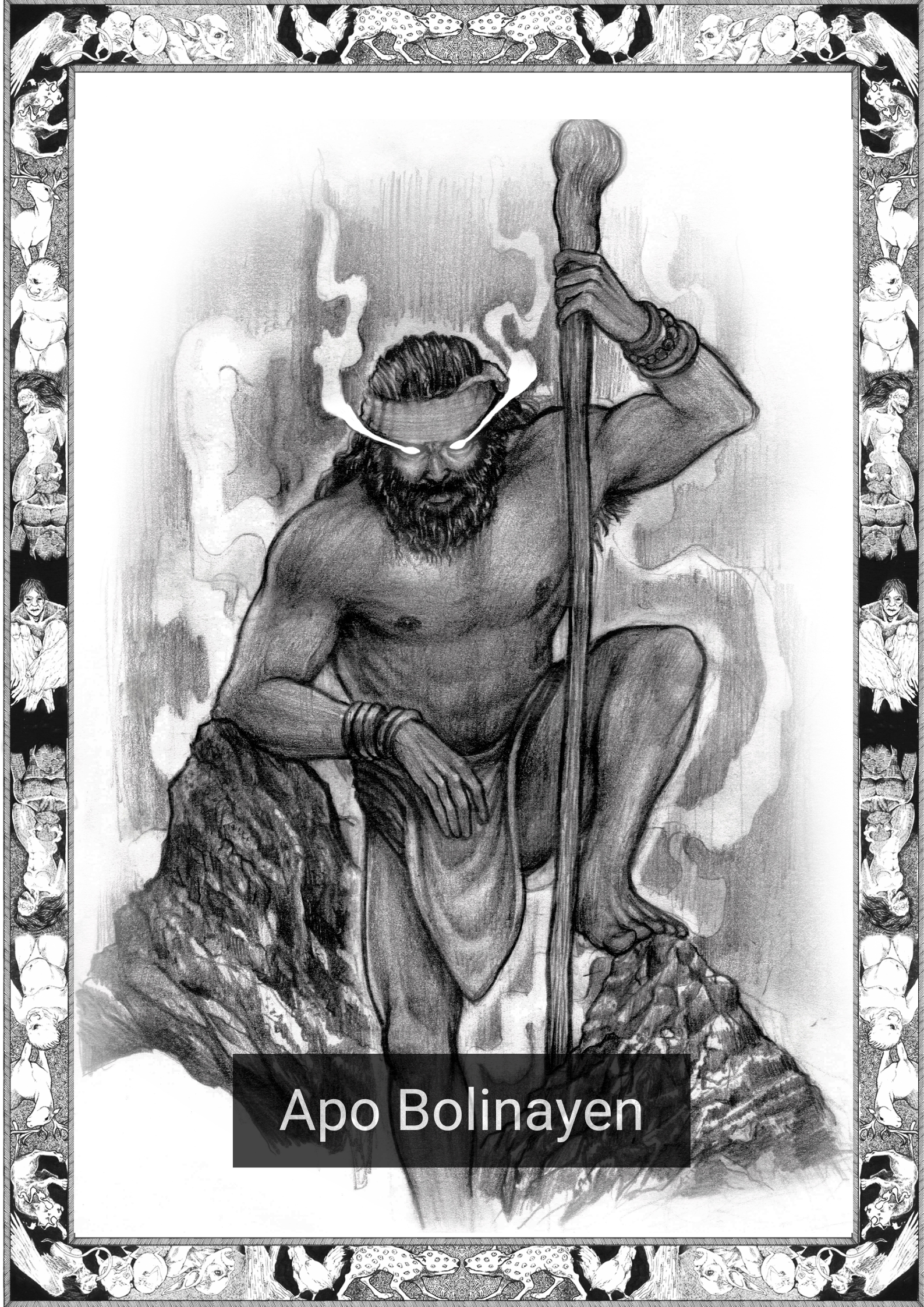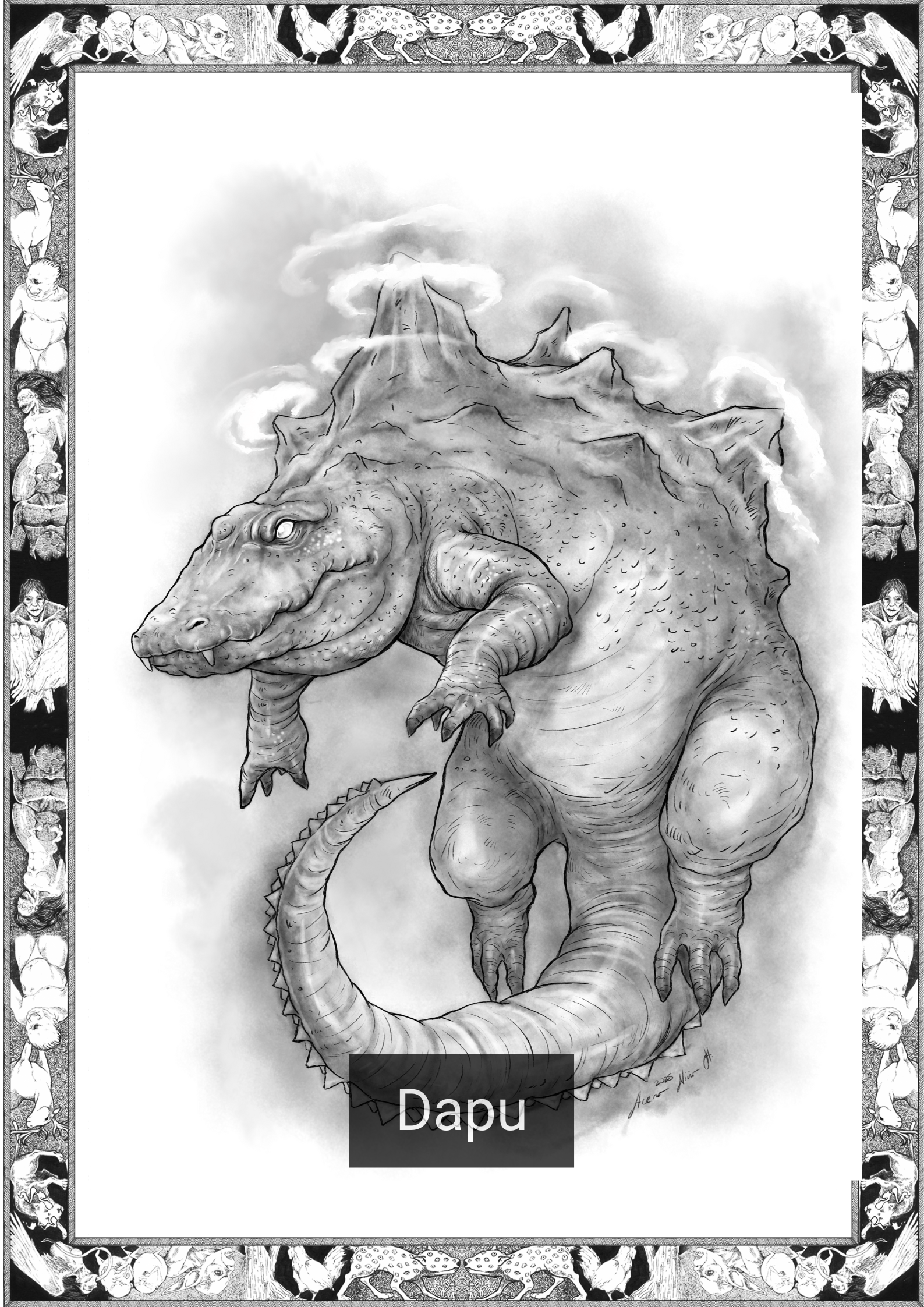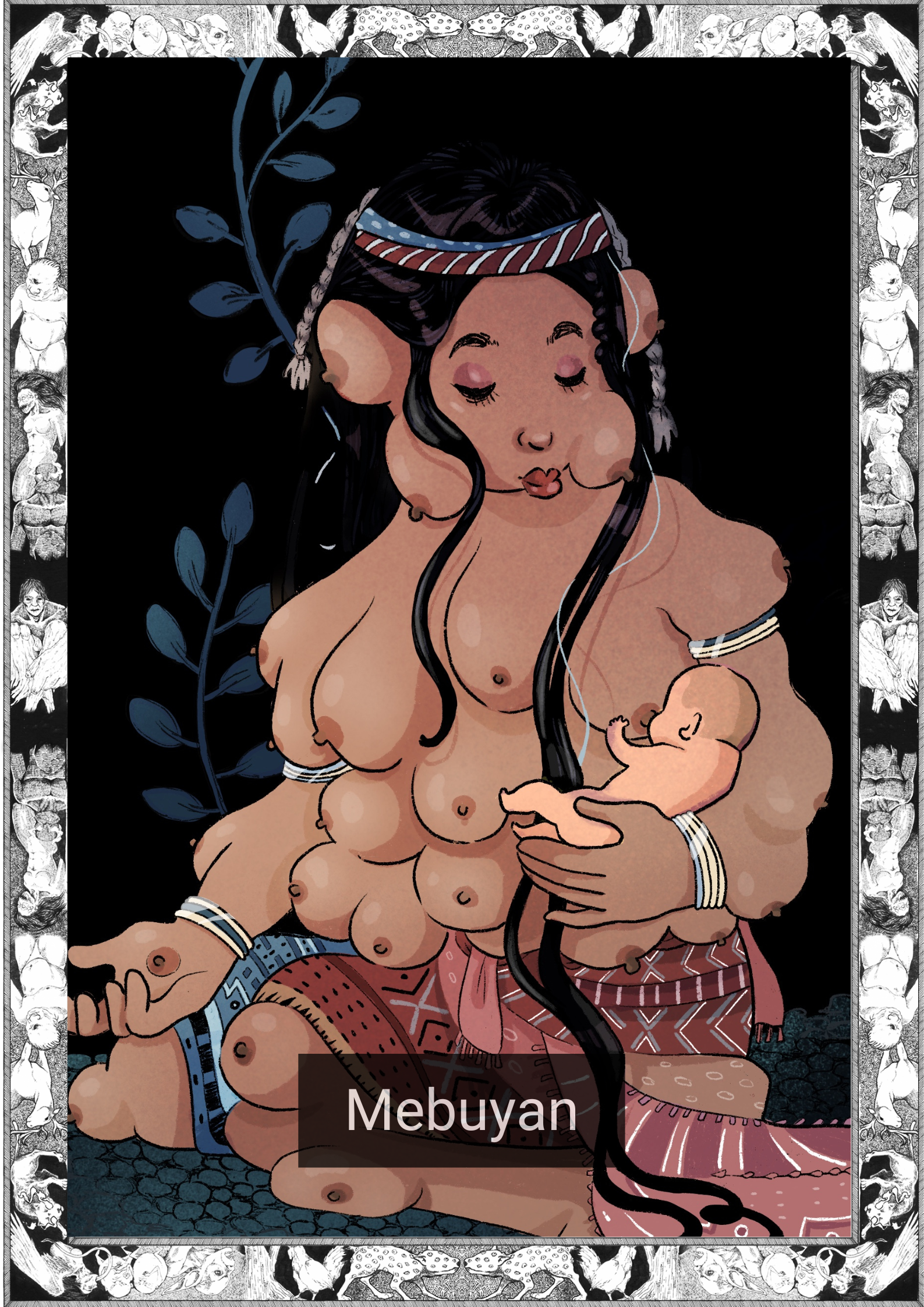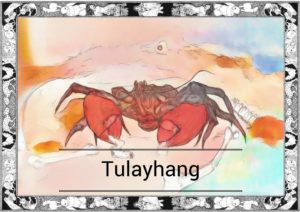
*Note this story is in Masbatenyo
Wara San miski sin- o an naga kusog buot na labutan o miski kuhaon an umang. Kay gin taga san inda agaron na magkaigwa san gahum na pangunahan kami.
Dili parehas san mga kupo na medyu hapit na makaitsura namon. Idto na mga bugo, dili ninda aram pagsinda nadakpan kakaonon gaud sinda san mga tawo. Kita mo ina? Gin buying lang bigla Hali sa lapukan, parehu san permi ninda na inahimu. Nabatian ko man pod gali sa mga tawo na inalabay man gani ninda an iba na kupo balik sa tubig pero iba na naklasi san tubing.
Tubig na graben init na makakapatay na sainda nga buhay. Dili man sinda dayun na matitiwas tama lang namakasiyak pa samtang inabutang sa tubig na mainit. Kag paghuman sana , kaunon san tawo an inda na mga unod kag pati na an mga guramoy. Makaharadlok gaud.
An mga kupo maburulag- bulag na sainda lawas. Pero dili lang ina dida matatapos an himu san tawo na makaharadlok. Sige pa ninda kakalabay san kung nanu-nanu sa suba. An iba maayus man namakabulig pa saamon paghimu balay kag dekorasyon samtang an iba makapatay na kay saka luod kag makakarigma kitaon.
Kag kung minsan amu pa ini an naga pabaho kag makarigma san lasa san tubig. Sa pira ka simana naga iba na dayun an itsura san suba tungod sa sobra kaati. Minsan gani nagatambak sinda san pagamay- gamay na ati hasta nalang na magdamu ini na daw bukid nakadako sa kakatambak san ati hali sani na mga tawo. Ati, bagan amu ina tawag ninda sa bagay na habo naninda gamiton o kung nanu. Amu ina an batian ko hali sa mga isturya san isda.
Kaya gani kami namga umang in hatag namon an amon nga duta sa mga engkanto. Kay aram ninda kung pa anhunun ninda an pag atu sa mga tawo naini kag matagaan ninda kami san gahum na makabalos man miski sa pamaagi san pagahatag san sakit na indababatyagon. Kaya dili gaud sinda nagakusog buot na disturbuhon amun na mga luho san balay.
=-=———————————-=
English Version
No one would ever dare touch a tulayhang. We are blessed by our masters with some power over our domain.
Not like those mud crabs we look like. Those idiots don’t even know when they’re being caught to be eaten by the humans. See that one? Just grabbed from the mud, just like their kind always are. I’ve heard that humans throw crabs back into the water, but not regular water.
The water’s so hot it kills them. Not instantly though, there’s enough time to scream. Then the humans eat the muscle and the claws off. Terrible.
The mud crab will come back in pieces, but that’s not the only thing the humans will throw. Oh they throw so many things back into the river some are nice and you can decorate your home with them, but others are just nasty.
Sometimes they smell and taste disgusting and the water just feels different for weeks on end, other times they just pile up what they throw until we’re all living on a gigantic mountain of human trash. Trash, I think that’s what they call the things they don’t want to have anymore, I heard it from some fish.
That’s why we tulayhang threw our lot in with the enkantos. They know what it’s like to have to deal with the humans and so gave us the power to give illness to any human that dares disturb us in our holes.
Now don’t look at me like that! The humans deserve it for aggravating the natural order, always throwing their trash around like it’s not going to bother anyone. I heard that way out in the ocean even the siyokoys are suffocating on their garbage. That’s another word for trash. Humans have so much of it that they need more than one word to describe it.
I guess that’s the lesson. Humans are just terrible beings that we have to watch out for. Never be afraid to use the powers your master gave you to defend yourself, because you never know when the humans will think you’re a mud crab.Then you’ll be swimming in pieces in the water, wondering why you didn’t listen to the wise old tulayhang.
=—————–=
*Masbateño or Minasbate is a Bicol-Visayan language spoken by more than 600,000 people, primarily in the province of Masbate in the Philippines. It is very close to Capiznon, Hiligaynon/Ilonggo and Waray-Waray, all three spoken in Visayas. It is considered a Bisakol language, meaning a language intermediate between Visayan languages and Bicolano languages.
Written by Karl Gaverza
Masbatenyo Translation by Angel Papilosa
Copyright © Karl Gaverza
Translation Copyright © Angel Papilosa
Inspired by the Tulayhang myths from Central Panay
Tulayhang illustration by Harold Juab
FB: ArTwisted mind of Juabexuz
IG: https://www.instagram.com/
